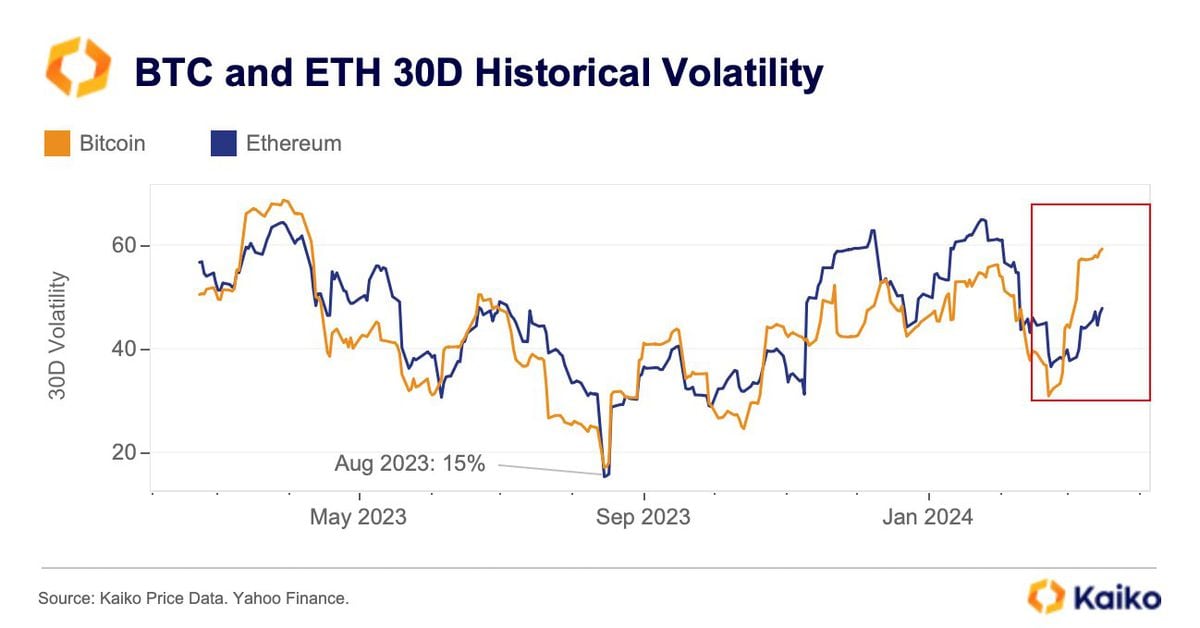The crypto industry has been begging for issue-specific legislation in the U.S. for years, in the hopes that this legislation may create clear permissions for companies to develop and issue tokens, manage blockchain networks or otherwise operate free of the concern that regulators may come knocking. The closest Congress has gotten so far is the Financial Innovation and Technology for the 21st Century Act, a House bill supported by Financial Services Committee Chair Patrick McHenry (R-N.C.). With a limited number of working days left in the year, the chances for crypto legislation moving through the Senate are slim. So here’s what could happen and the potential roadblocks.
A U.S. Crypto Bill’s 2024 Chances



